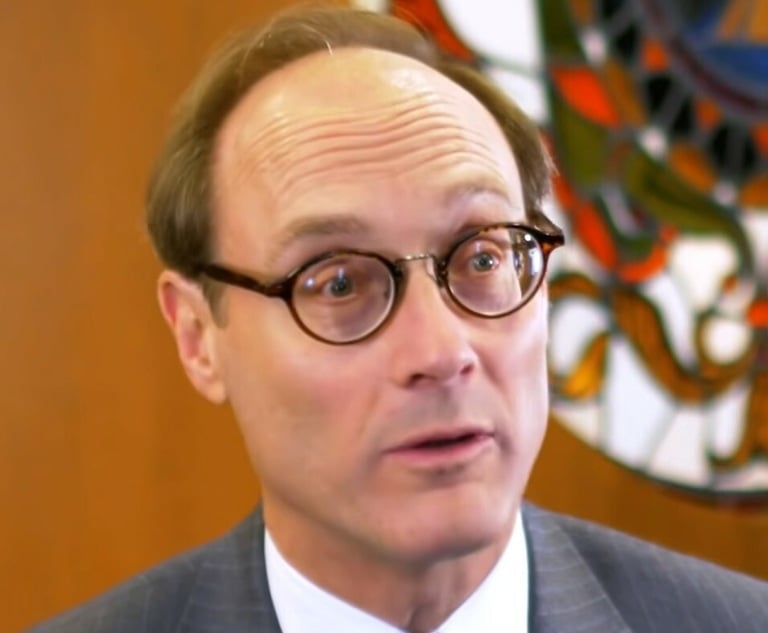Declaratory judgment actions, commonly referred to as “DJ actions,” have historically provided a mechanism for companies threatened with a patent infringement claim, e.g., through a cease and desist letter sent by a patent holder, to preemptively file a lawsuit seeking a court ruling declaring the patent invalid or not infringed. These DJ actions for years had been a popular tool for accused infringers, but recent changes in the patent litigation landscape have resulted in a shift away from these DJ actions, and a corresponding shift in the way patent holders approach infringers.
Background
The Declaratory Judgment Act provides “in a case of actual controversy within its jurisdiction … any court of the United States, upon the filing of an appropriate pleading may declare the rights and other legal relations of any interested party seeking such declaration.” 28 U.S.C. 2201(a). To bring a DJ action, a party must therefore demonstrate the existence of an actual case or controversy. In the patent context, that requirement is most often satisfied by an explicit or implicit threat of a patent lawsuit—for example, a letter from the patent holder putting the prospective defendant on notice of the its claim for infringement, and offering a license. Faced with the threat of a patent infringement suit, the accused party in these circumstances could then preemptively bring a DJ action to challenge the charge of infringement, or the validity of the subject patent.


 Robert L. Maier
Robert L. Maier




